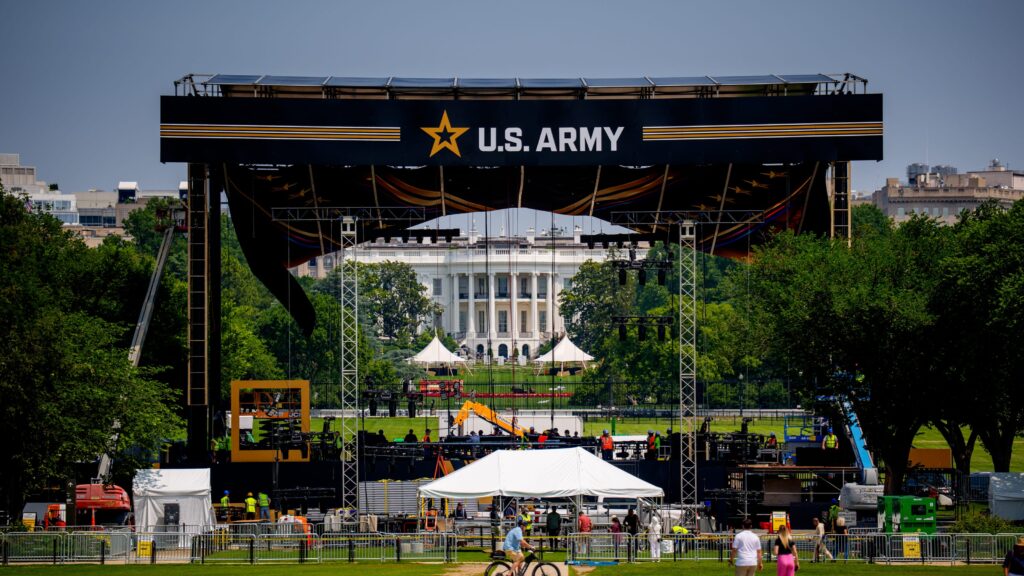The upcoming military parade in celebration of the U.S. Army’s 250th anniversary, orchestrated by President Donald Trump, is stirring both excitement and controversy. The parade, scheduled for June 14 in Washington D.C., will feature tanks, soldiers, and various displays of military power. Trump, inviting Americans to the event in a video, promises an “unforgettable celebration” unlike any seen before.
While Trump’s parade aims to honor the strength and spirit of the American military, Democrats like Sen. Adam Schiff have criticized it as reminiscent of dictator-style displays. In response, protests such as “No Kings Day” and the Women’s March-themed “Kick Out the Clowns” are being organized to show opposition to the parade and the administration.
Despite the political backlash, military parades in the U.S. are not unprecedented occurrences, with past presidents also hosting similar events. The timing of the parade on Trump’s birthday adds to the intrigue and controversy surrounding the event. As opinions remain divided on the significance and motives behind the parade, it continues to spark debate over patriotism, political symbolism, and democratic values.
In the midst of differing perspectives and political tensions, the upcoming military parade serves as a focal point for discussions on tradition, power dynamics, and the intersection of patriotism and dissent in contemporary American society.

